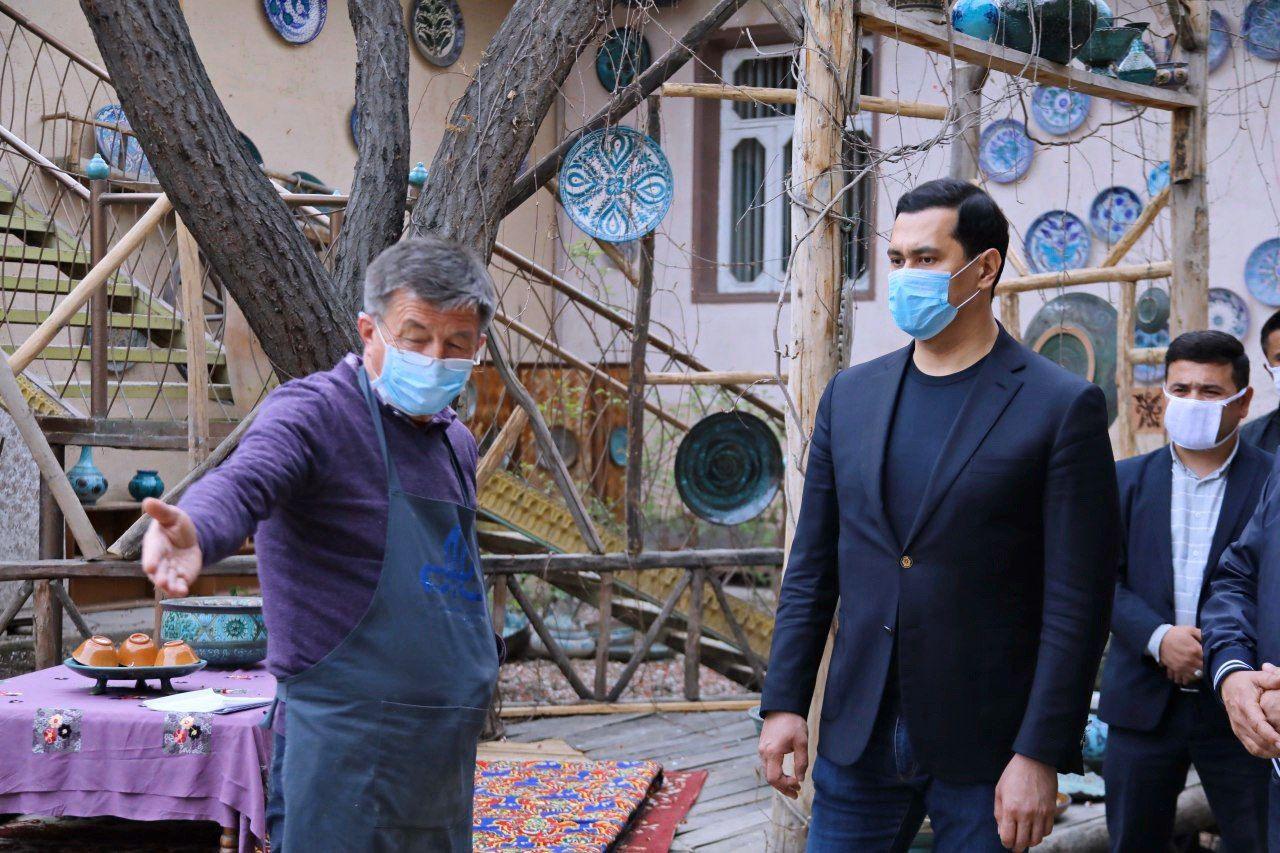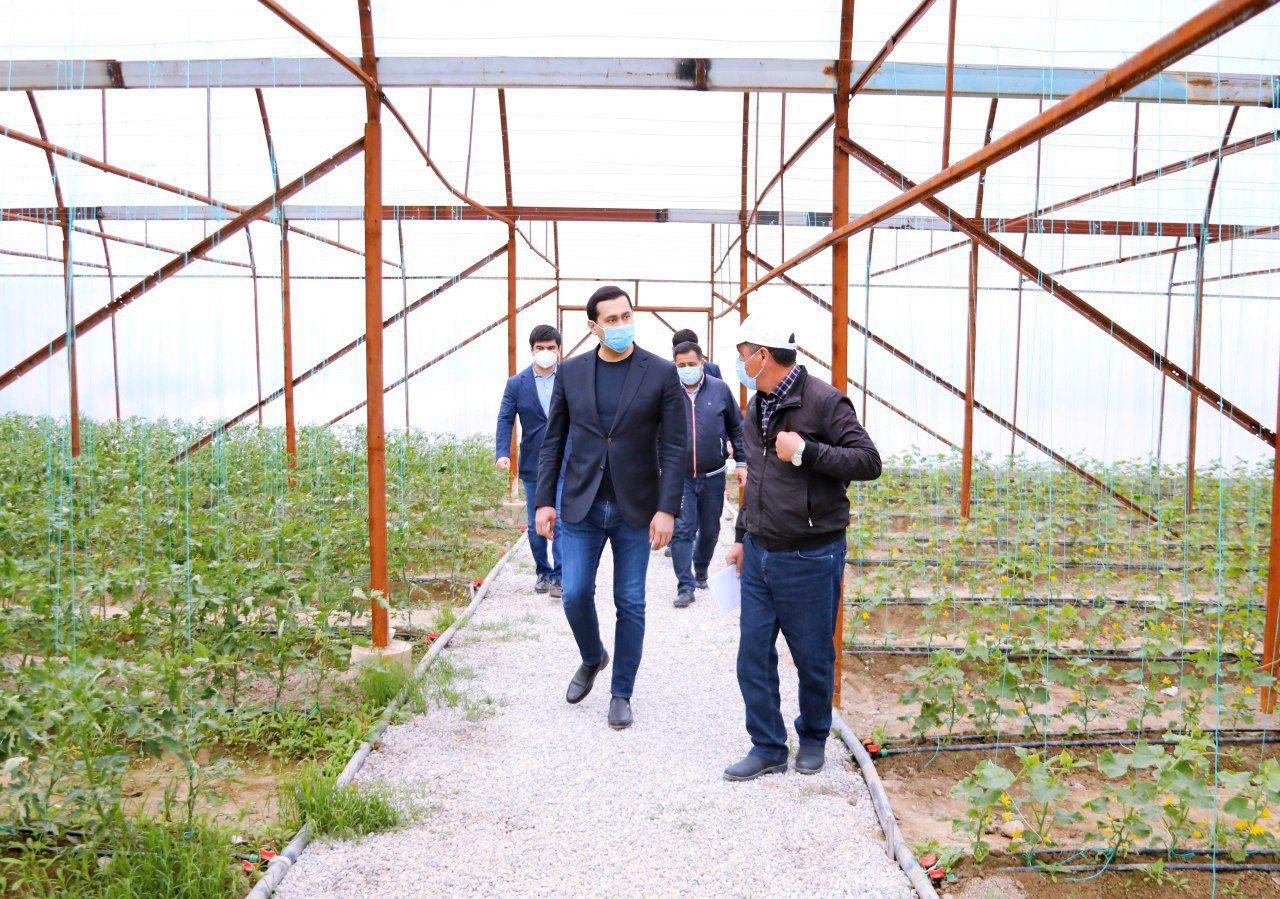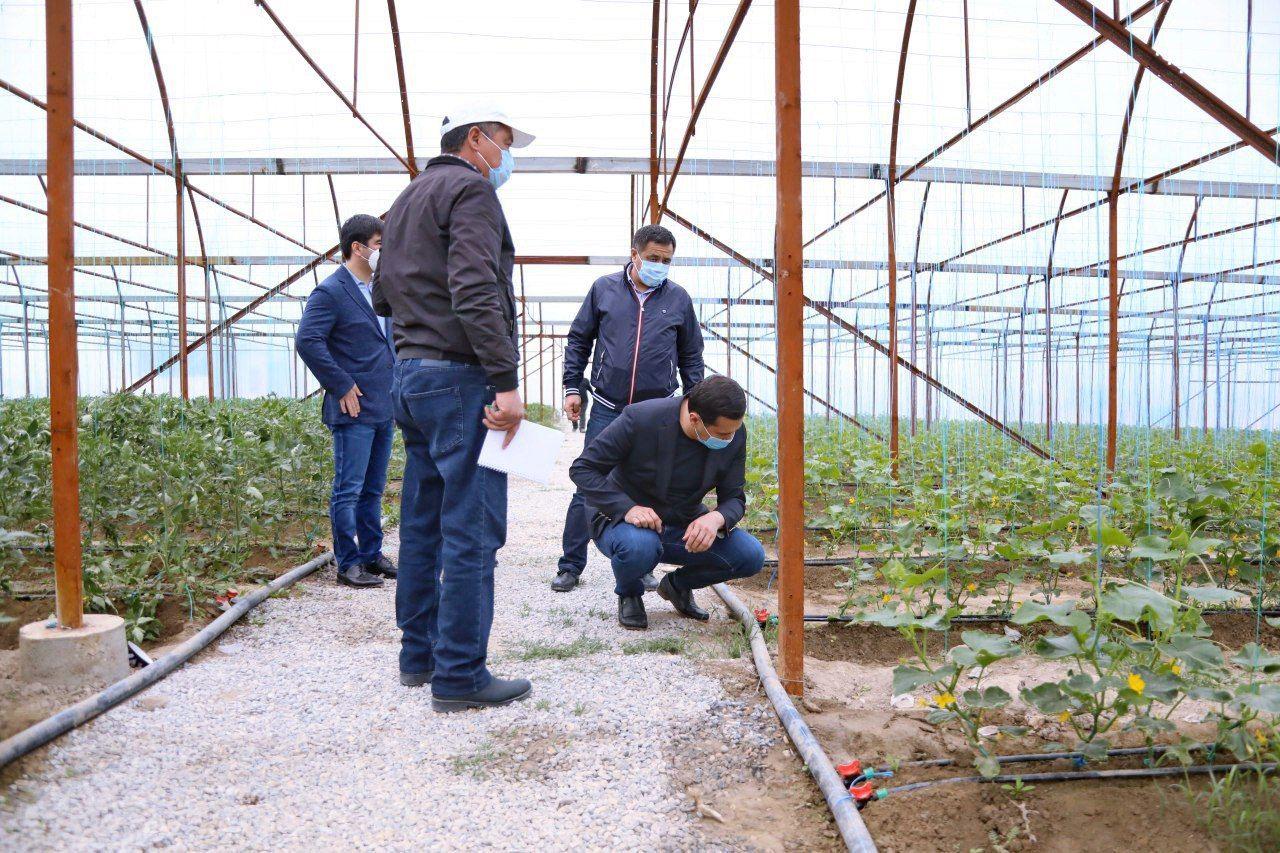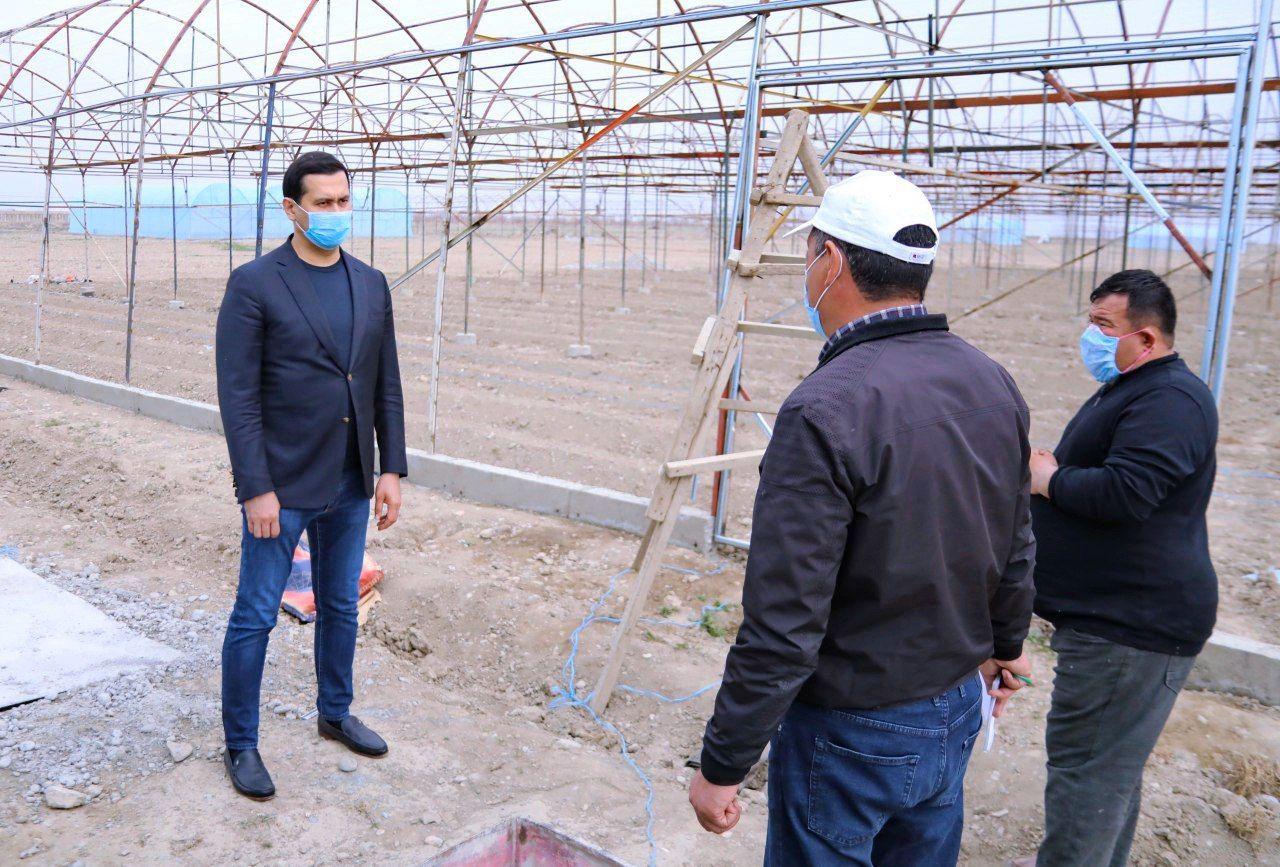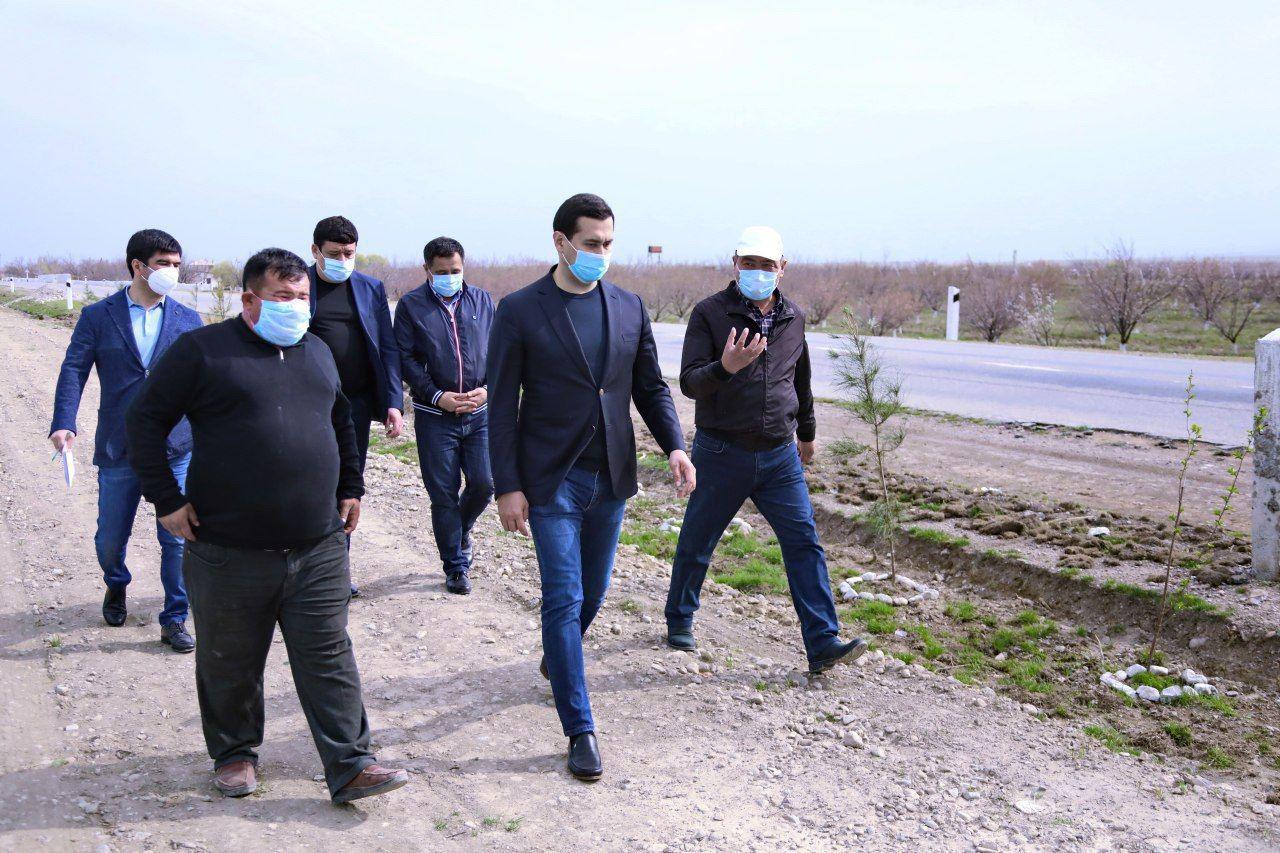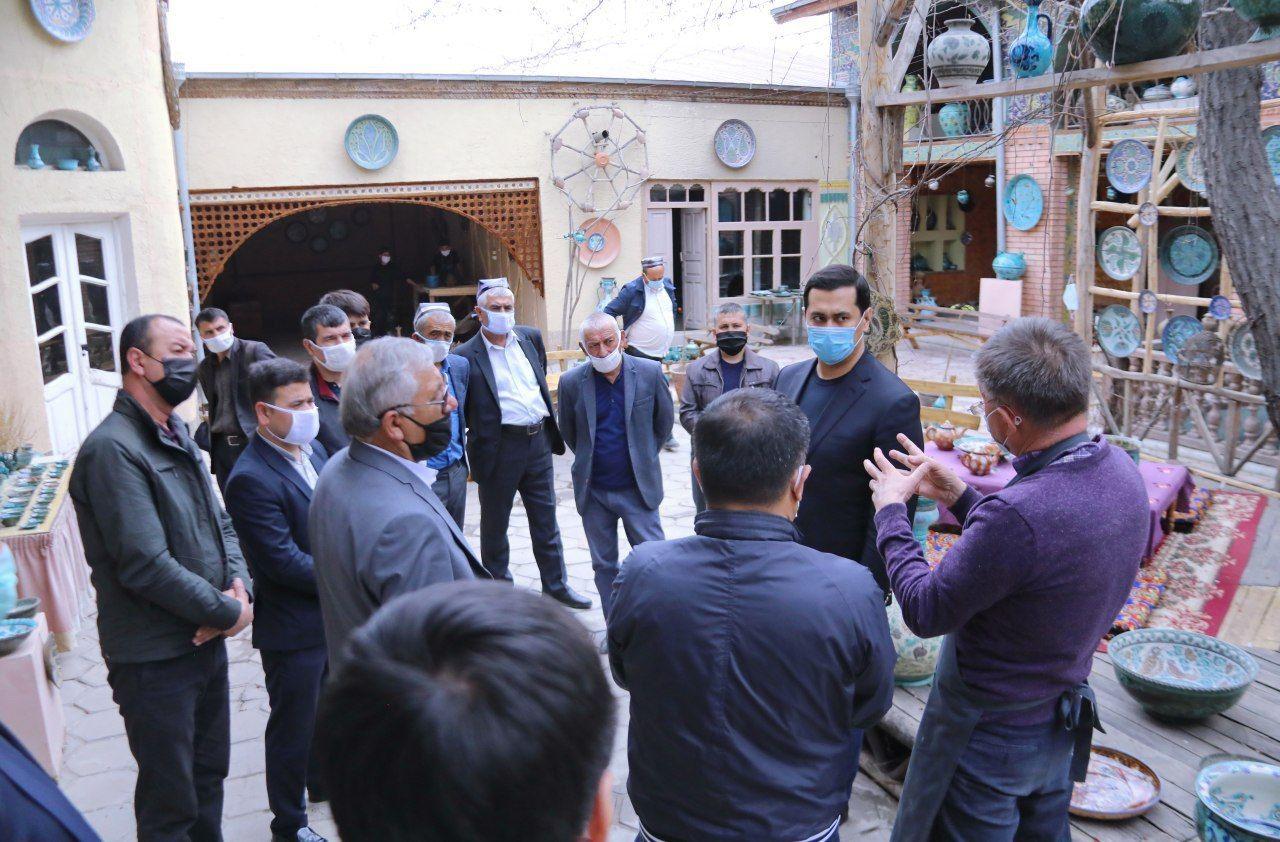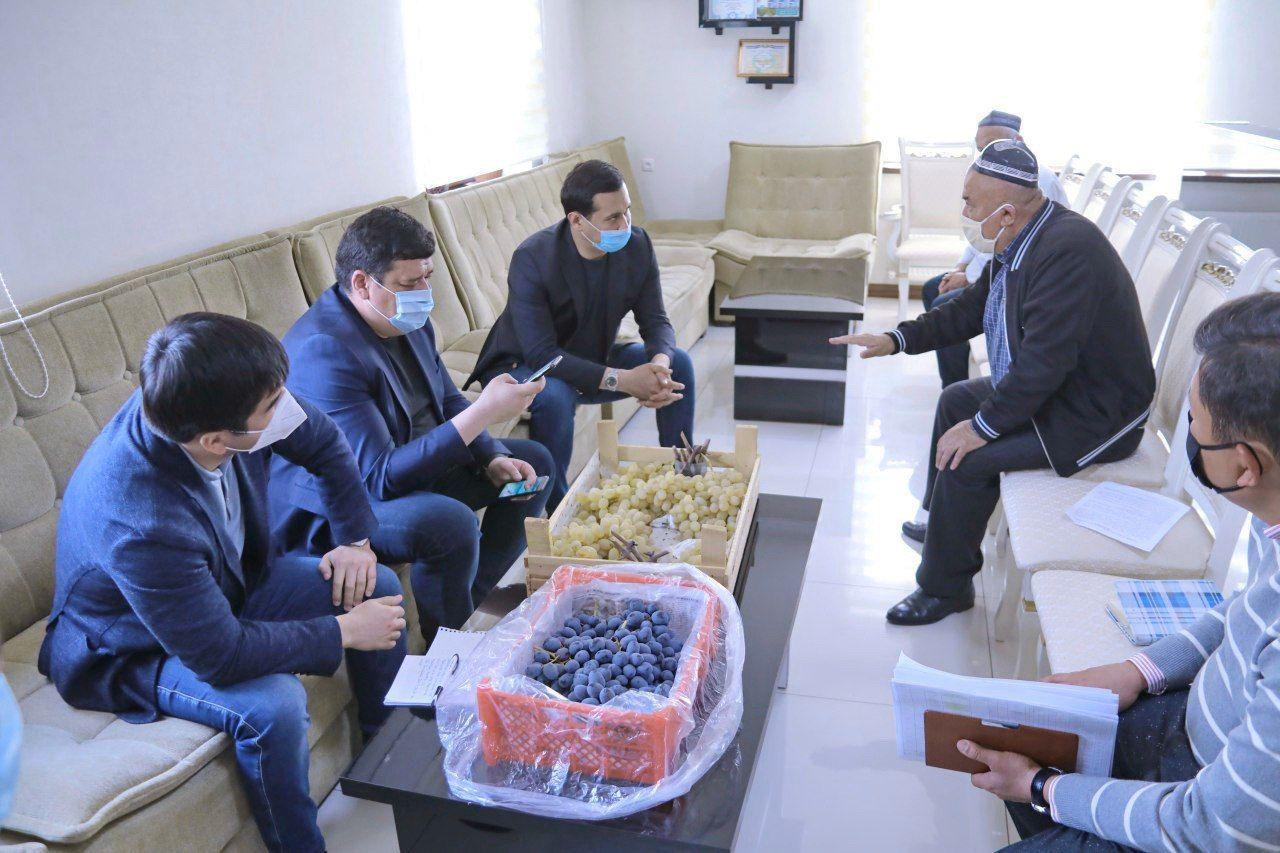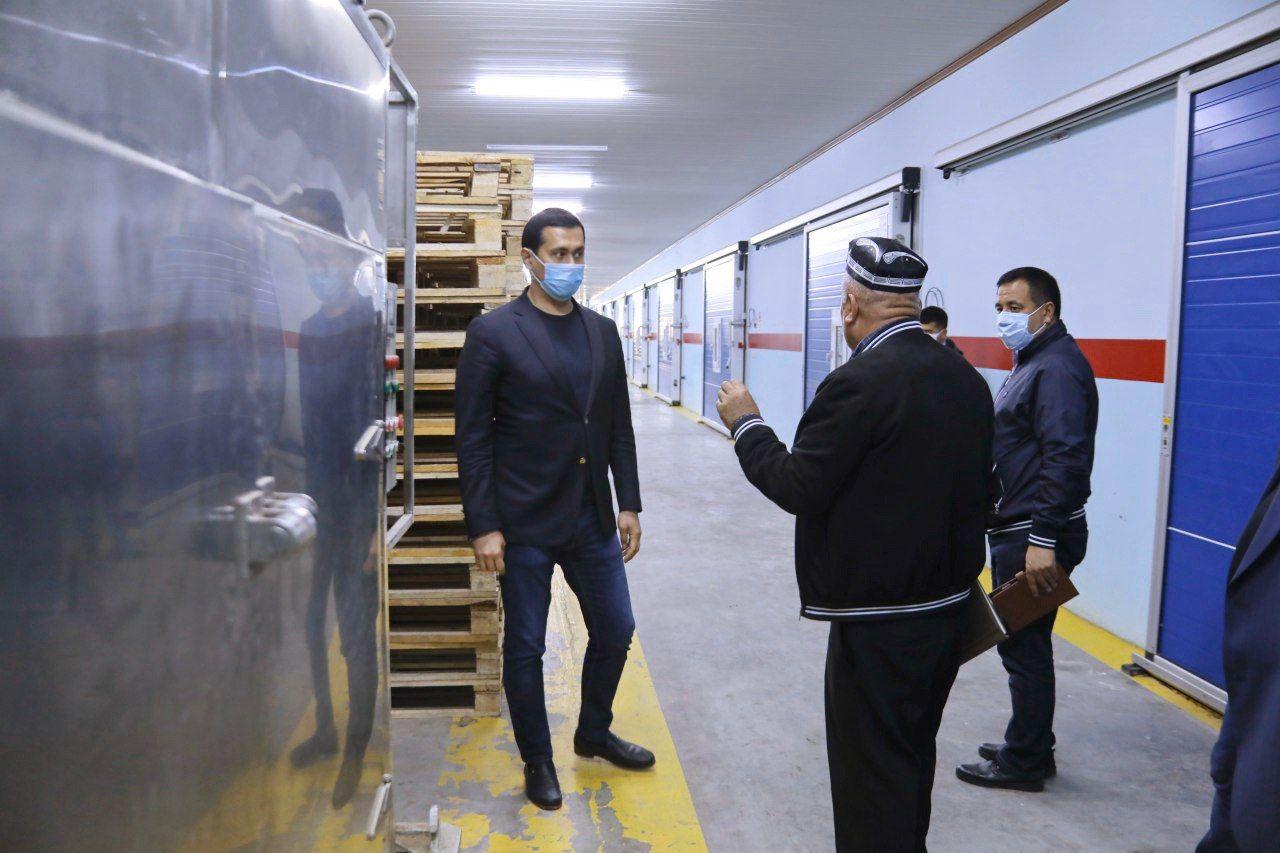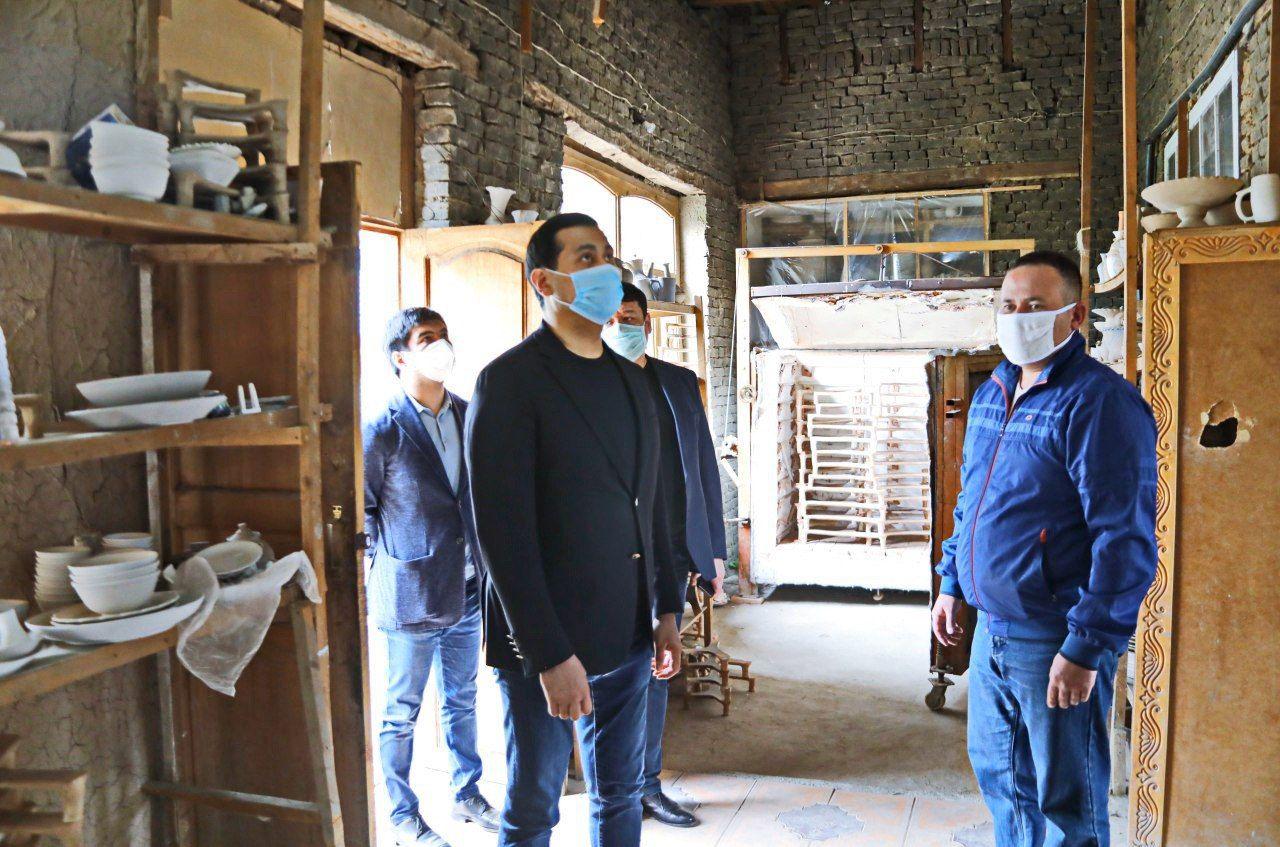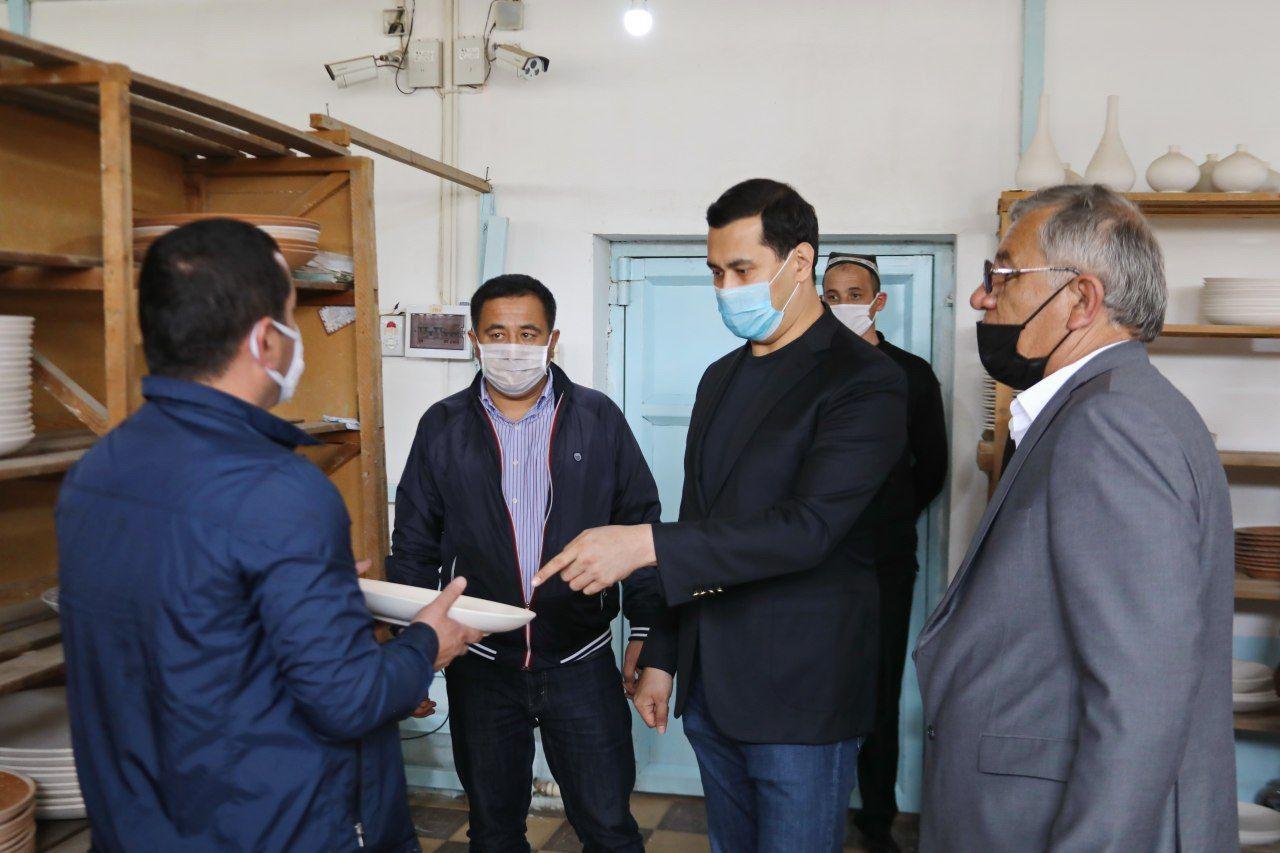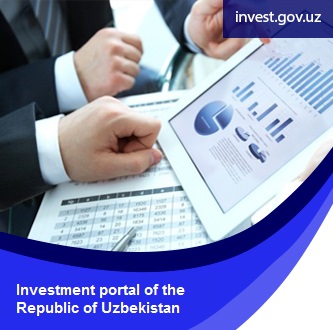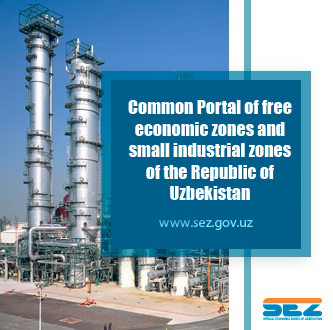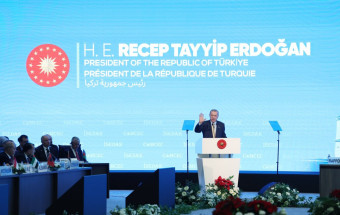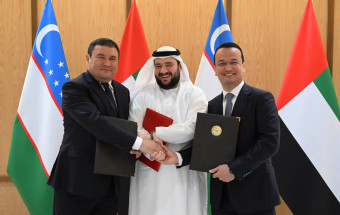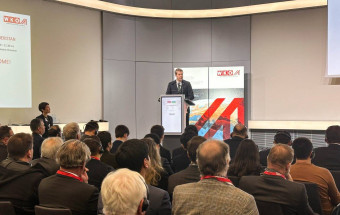The Republican Commission for Export Potential Development summarized the work in Fergana region and left for Andijan region
Within two working days, the Republican Commission for Export Potential Development in regions and industries reviewed 744 enterprises of Fergana region. It identified 130 pressing concerns, which were subject for urgent and effective solutions developed by joint efforts of members of the Commission, industry ministries, commercial banks and local authorities.
According to the review, 69 enterprises required lending resources, 13 had delays in the supply of imported technological equipment, 10 required land plots, as well as empty buildings and structures, 8 had problems with connecting to utilities, and 6 enterprises had barriers in receiving permits and various licenses. All problems were resolved under close engagement of the Commission members and the heads of relevant government agencies and commercial banks.
There also was an integrated analysis of all 257 regional exporting enterprises. Its results demonstrated that 82 entrepreneurs also had problems requiring urgent solutions. Therefrom, 40 exporters required lending resources, 5 had problems with foreign purchasers, 37 - problems with allocation of land and connection to gas and electricity lines, delays in the arrival of foreign experts for equipment installation, and products exportation due to transport restrictions in some countries. Every case involved elaboration and prompt solution.
Particular attention was paid to the development of the national school of art ceramics based on existing pottery and production workshops in Rishtan district of Fergana region. These enterprises being also schools of pottery training young specialists closely cooperate with the local population through outsourcing of individual technological operations that do not require high qualifications. Replication of this mechanism through establishment of similar school-enterprises in other regions of the Republic will significantly increase the output of unique pottery products highly demanded in foreign markets, provide prerequisites for the development of art tourism and ensure adequate self-employment for the local population, which in turn will strengthen economic stability of the region and prevent a decrease in citizens' income under negative conditions of global economy. The members of the Commission worked out practical implementation of this initiative involving specific financial sources.
They also considered operation of some enterprises in Altiaryk district Fergana region. In particular, they reviewed the experience of local entrepreneurs in viticulture with a view to its use in creating similar plantations in other regions of the Republic. Here, bearing in mind the specifics of the products’ commodity properties, the members noted the significancy of stable supply and sales channels. The creation of agrology clusters that does not depend on external freight carriers and easily adapt to changes in the international transport environment is extremely promising.
Interaction with entrepreneurs in Fergana region will become systematic through the established interagency cooperation aimed at comprehensive support to business. Executive officers from relevant government agencies, commercial banks and local authorities will join forces to reduce the negative consequences of global economy upset due to the coronavirus pandemic and to stimulate business processes of domestic producers and exporters under current conditions.
Having summarized the results of the work in the region, the members of the Commission left for Andijan region to further review operation of entrepreneurs and exporters.


